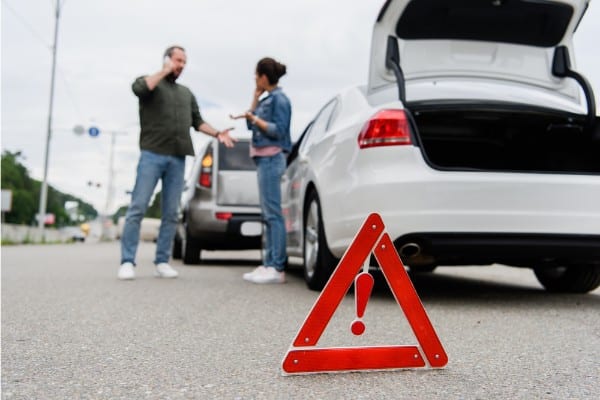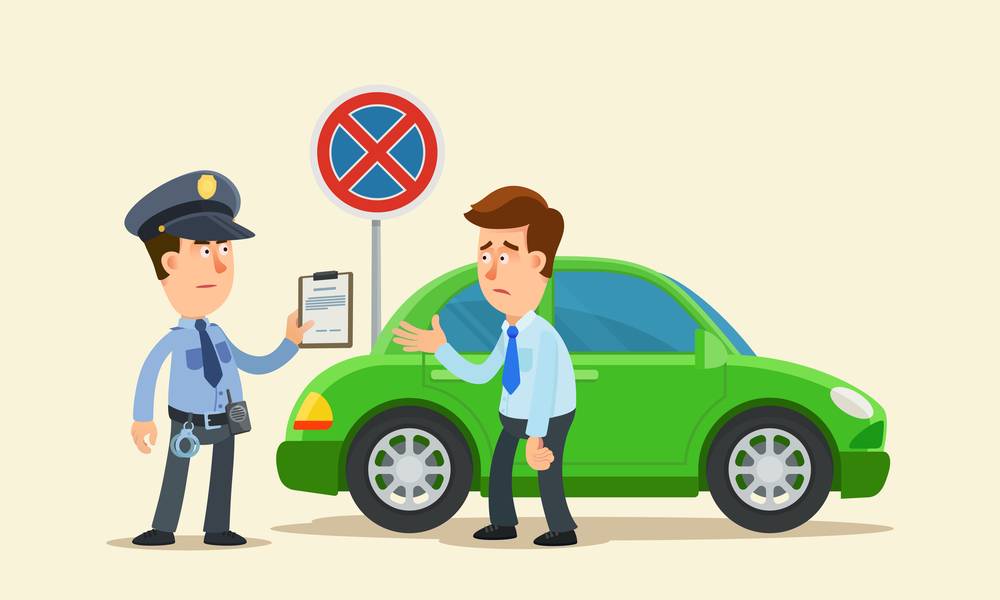Traffic laws are essential to maintaining order and safety on the roads. However, some countries have taken creativity to the next level, crafting peculiar and often amusing regulations that leave travelers scratching their heads. Whether born out of cultural norms, historical quirks, or unique local challenges, these traffic laws are as strange as they are intriguing. Here’s a look at the top 10 strange traffic laws from around the world.
Why Strange Traffic Laws Exist
Unusual traffic laws often emerge from cultural traditions, specific local issues, or historical contexts. They aim to address unique problems that standard laws cannot. While some may appear bizarre to outsiders, they often make sense in their original context, showcasing the diversity of global road rules.
The Top 10 Unusual Traffic Laws
No Dirty Cars in Russia
In Russia, driving a dirty car can land you in trouble. Authorities can fine you for having a car that is deemed excessively dirty, especially if the license plate is obscured. This law is designed to ensure cleanliness and maintain the visibility of vehicle identification.
Feeding Parking Meters for Elephants in Florida, USA
A relic of the past, Florida once had a law requiring drivers to feed parking meters if they tied an elephant to it. While elephants are no longer common sights on city streets, the law humorously remains in some jurisdictions.
Mandatory Car Cleaning on Sundays in Switzerland
Switzerland takes cleanliness seriously, and one law prohibits washing cars on Sundays. This unusual restriction aligns with the country’s respect for quiet and leisure time, ensuring Sundays remain peaceful.
Lights On During the Day in Sweden
In Sweden, it’s mandatory to drive with headlights on at all times, even during the day. This law, designed for safety, helps improve visibility during the country’s long, dark winters and even in bright daylight.
No Splashing Pedestrians in Japan
Splashing pedestrians while driving through puddles can get you fined in Japan. This law reflects the Japanese commitment to courtesy and respect, ensuring drivers are mindful of pedestrians even in wet weather.
Ban on Running Out of Fuel on the Autobahn in Germany
Running out of fuel on Germany’s Autobahn is not only inconvenient but also illegal. The high-speed nature of the Autobahn makes stopping on the road extremely dangerous, and this law aims to minimize such risks.
Drivers Must Check Under Their Cars in Denmark
In Denmark, drivers are required to check under their cars before starting the engine to ensure no one is hiding underneath. While this law may sound odd, it is rooted in safety concerns and protecting lives.
Camels Have Right of Way in Australia
In parts of Australia, camels on the road have the right of way. This regulation acknowledges the significance of these animals in rural areas, ensuring drivers yield to them when encountered.
No Eating While Driving in Cyprus
In Cyprus, eating or drinking anything, even water, while driving is illegal. This strict law aims to prevent distractions and keep drivers focused on the road at all times.
Driving Shirtless Is Prohibited in Thailand
In Thailand, driving shirtless is considered inappropriate and can result in fines. This rule applies to both locals and tourists, reflecting the country’s emphasis on modesty and proper conduct.
How These Laws Impact Travelers
Unusual traffic laws can catch unsuspecting travelers off guard, leading to fines or even legal trouble. It’s always a good idea to research local traffic rules before driving in a foreign country. Understanding these laws can also enhance your travel experience, offering a glimpse into the cultural values of the region.
The Importance of Knowing Local Traffic Laws
For international travelers and expats, understanding local traffic laws is essential. Beyond avoiding fines, compliance with these regulations ensures safety and demonstrates respect for local customs. Researching and adhering to traffic laws is a small but vital step toward responsible and enjoyable travel.
Conclusion
Traffic laws reflect the cultural, historical, and practical considerations of a region. While some may seem strange to outsiders, they serve specific purposes within their contexts. From feeding parking meters for elephants to keeping cars spotless, these unusual regulations offer a fascinating insight into the diversity of global road rules. If you’re planning to drive abroad, take time to learn about local traffic laws—you never know when one might save you from a fine or provide a great travel story.





